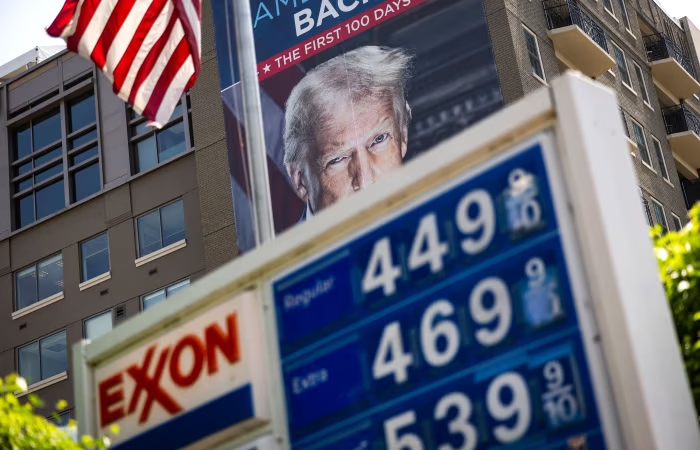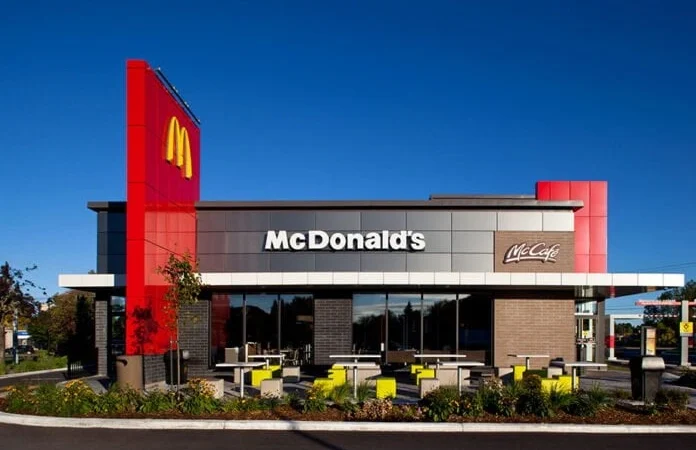Lucky Gen Z and Millennials who bought homes early now feel trapped in their starter homes, according to a new report

For many Gen Zers and millennials, the dream of owning a home seems just that—dreamy. With skyrocketing prices, the only option for most is to rent or, for the lucky few, live with parents. Even those who did manage to purchase a house are now often stuck in what we might call their “starter homes.”
This initial home, much like Fisher-Price’s non-biodegradable toys, has staying power, as highlighted by new research from Edelman Financial Engines. High interest rates have kept homeowners firmly tied to their properties: a staggering 36% of homeowners feel “stuck” in their current homes, with this number climbing to nearly 50% for those under 50, largely comprising Gen Z and millennials. Even some young Gen Xers are caught in this tight squeeze.
The Effect of Rising Interest Rates on Young Homeowners
Last year, the Federal Reserve’s decision to raise interest rates pushed mortgage rates to a 22-year high. Although rates have slightly decreased, many homeowners are still dealing with the market’s sting. In fact, 72% of Americans have expressed concern about current rates, with that number rising to 81% for those under 50.
Part of the issue for young Americans is the sheer expense of their first homes. To afford a median-priced starter home, prospective buyers need an annual salary of around $80,000, according to Redfin. Unfortunately, wages aren’t growing fast enough to match the escalating prices of homes, leaving many unable to move up from renting or their small apartments to a spacious home with a garage like their parents once had.
“Americans need to earn more than a year ago—and much more than before the pandemic—to afford a starter home because mortgage rates are elevated, and home prices are near record highs,” the report explains.
The Starter Home Tightrope for Young Americans
As it stands, many Americans are being priced out of the housing market. U.S. Census data shows that over half of households (50.1%) earn $75,000 or less annually. The situation has become so dire that even presidential candidates have started addressing it. Fannie Mae’s CEO, Priscilla Almodovar, pointed out at the MPW Summit, “I’ve been doing housing for a long time. It is the first time that I could remember where both sides are talking about housing,” highlighting the massive “affordability crisis.”
The result is that once someone manages to buy a home, they often can’t afford to move again. With so much capital locked into one property, re-entering the housing market becomes increasingly difficult. On the flip side, many older homeowners are reluctant to sell and give up the relatively low mortgage rates they secured years ago.
It’s not just younger people who feel trapped. Older generations are also stuck in their homes. Take Brenda Edwards, 70, a retired nurse who shared her thoughts with the Associated Press: “It would be too hard to purchase anything else.” Sabrina Steward Koboldt echoed similar sentiments in an interview with Realtor.com, saying, “If we bought something right now, our mortgage payment would more than double for the same-sized home.” She added, “We’d love a bigger house with some land, but that’s not happening anytime soon.”
This leaves many people—young and old—locked in place.
The Math Behind Staying Put in Today’s Housing Market
“Home ownership has been challenging for all sellers looking for their next dream home,” explained Clay Ernst, executive director of financial planning at Edelman Financial Engines. As he told Fortune, just three years ago, a $400,000 mortgage at a 3% interest rate would result in a monthly payment of $1,686. Today, at a 6.5% interest rate, the same deal has ballooned to a $2,528 monthly payment—an increase of about 50%.
Even those with considerable wealth may struggle in this environment. “It is hard walking away from a 3% mortgage—no matter your net worth—and taking on a 6.5% mortgage where the payment is 50% higher,” Ernst explained.
At this point, even the wealthiest individuals might find themselves stuck in their mansions. “For higher net worth buyers who are upgrading, they would be more likely to take on an even larger mortgage, which has a multiplier effect on the monthly cost,” Ernst concluded. “A larger, more expensive home also means higher home insurance payments, higher utility bills, which in turn compromise one’s ability to save as much for retirement and college tuition.”
Article based on the research - https://www.edelmanfinancialengines.com/content/dam/efe/corporate-brand/production-web-assets/downloadable-content/everyday-wealth-in-america-reports/Everyday-Wealth-in-America-2024.pdf
https://abcnews.go.com/Business/interest-rates-22-year-high-heres-means-finances/story?id=101718022
https://www.redfin.com/news/starter-home-affordability-july-2024/



